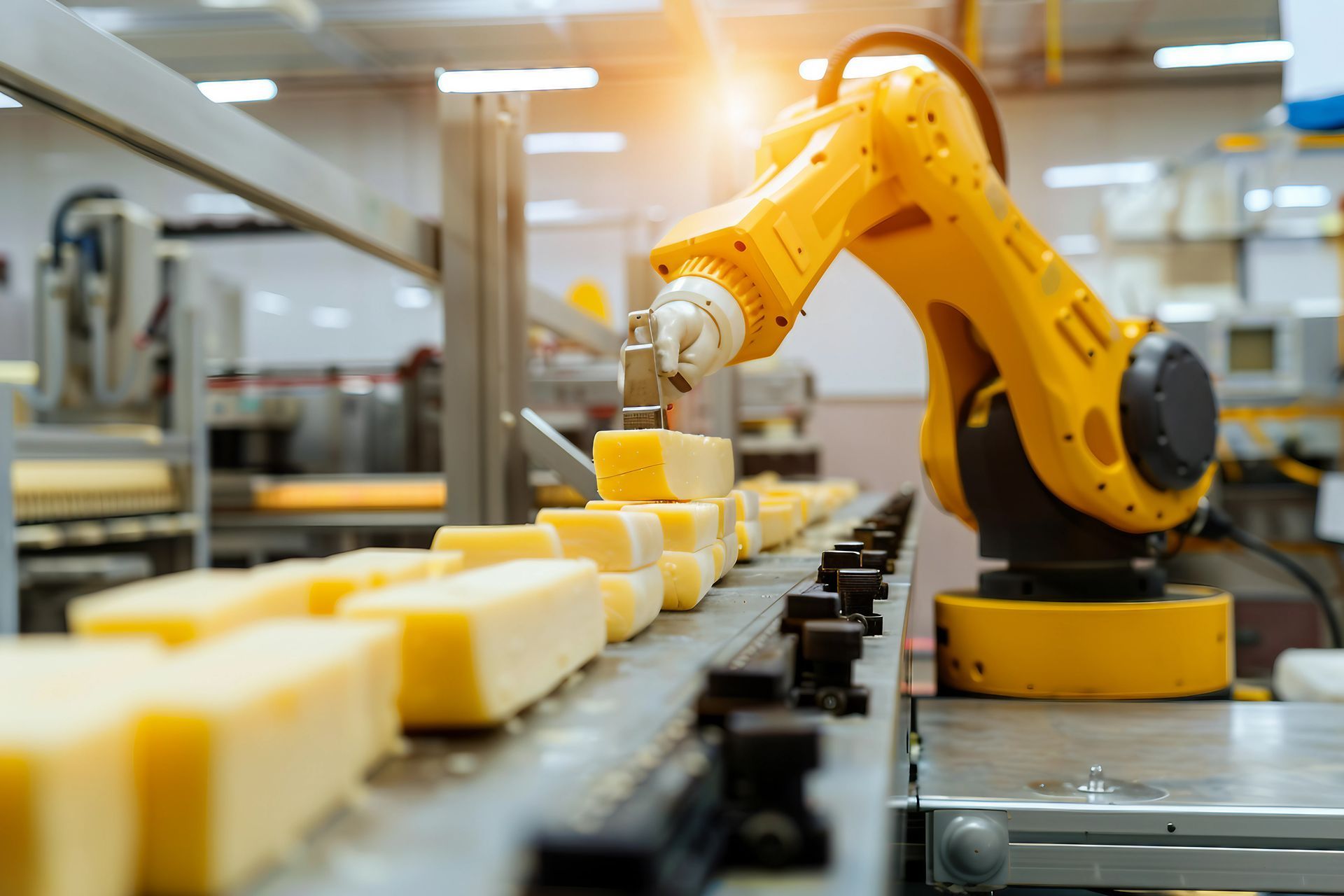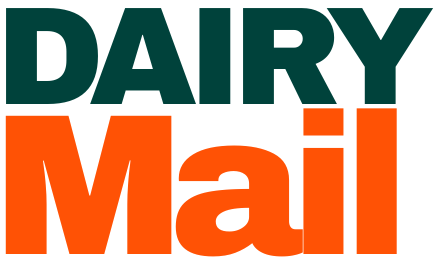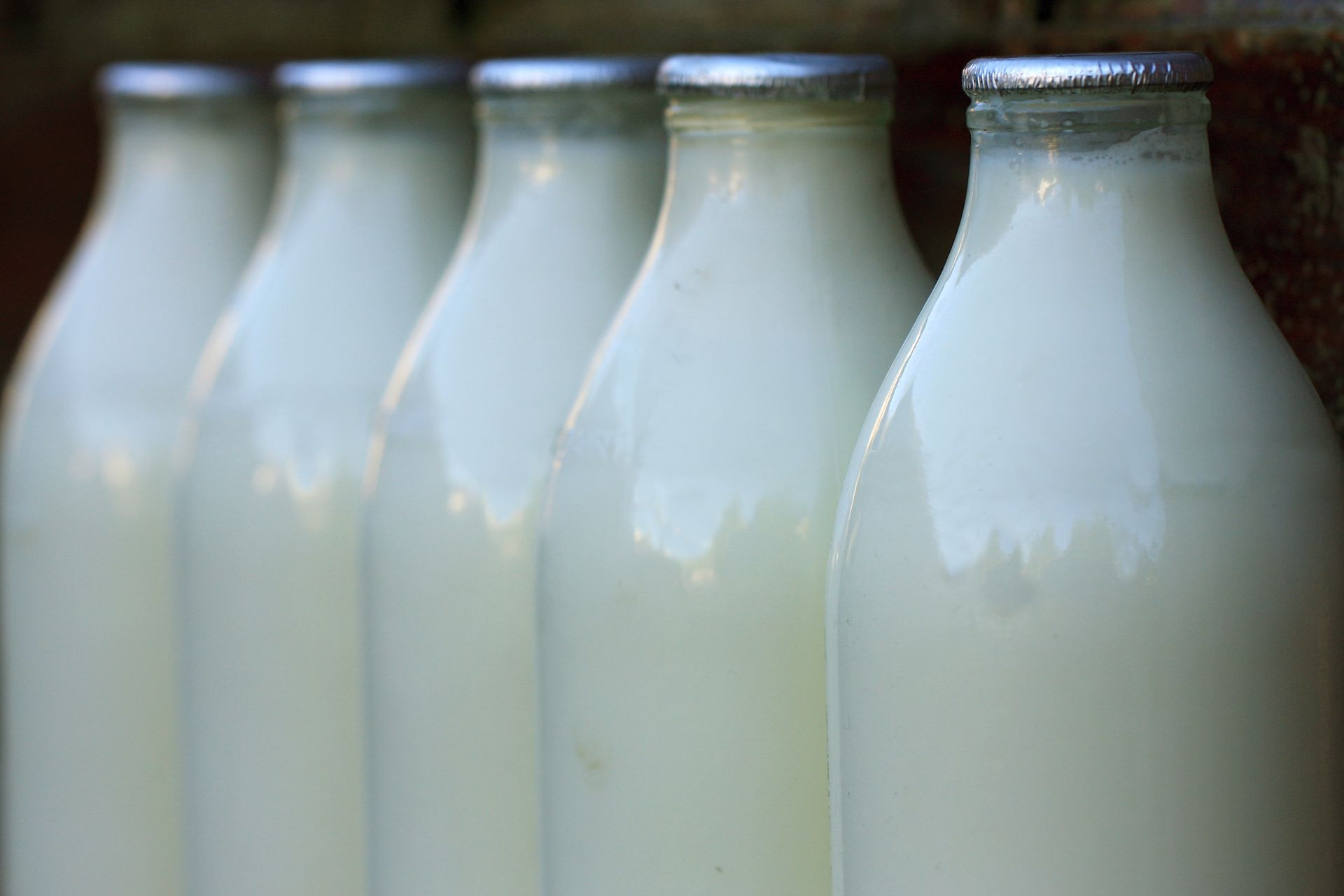The Future of Cheese & Dairy 2025
Navigating Challenges and Embracing Opportunities
The dairy and cheese industry in the UK has always been integral to both our everyday diets and our national identity. From a comforting slice of cheddar to the indulgence of a rich brie, dairy plays a significant role in what we eat, how we celebrate, and even how we socialise. But as we approach 2025, the industry is on the precipice of change. The landscape is evolving, with new consumer expectations, environmental pressures, and market trends all demanding a shift. This article explores the challenges the UK dairy and cheese sector faces in 2025 and the steps brands must take to engage consumers and lead in this shifting environment.

Sustainability and the Growing Pressure to Adapt
If 2025 is to be a year of change for the dairy and cheese industry, sustainability will be at the heart of it. From dairy farming to production, the environmental impact of the sector is under intense scrutiny. With consumers increasingly looking for brands that prioritise sustainability, the dairy industry is facing a simple question: how can it continue to meet demand without compromising the environment?
We know that younger generations, particularly Millennials, are becoming more vocal about sustainability and the brands they choose to support. In fact, recent statistics reveal that over 70% of consumers under the age of 35 are more likely to engage with or buy from a brand that demonstrates a commitment to sustainability. For the dairy industry, this represents both a challenge and an opportunity. Consumers are no longer just looking for a good product—they’re looking for a brand that aligns with their values.
The dairy sector will need to find innovative ways to reduce its carbon footprint and embrace new, more sustainable farming practices. This might include everything from adopting renewable energy sources on farms to rethinking packaging and reducing food waste. Many cheese brands are already leading the way with more sustainable production methods, yet the bigger question remains: how do we bring these efforts to the forefront, so that consumers understand and appreciate them?
Navigating the Price-Sensitive Market
While sustainability is vital, it’s not the only challenge facing dairy brands in 2025. The rising cost of living is creating a more price-sensitive consumer base. With inflation affecting almost every sector, dairy prices are climbing, and consumers are more careful about what they spend their money on. And in the face of competition from plant-based alternatives, like oat milk and vegan cheeses, how can traditional dairy brands justify their premium prices?
The answer lies not only in the product but in the story behind it. As much as consumers are focused on sustainability, they are equally concerned about quality, authenticity, and local provenance.
The challenge for dairy brands is to ensure their products stand out by emphasising the quality, tradition, and ethical values behind their production.
Dairy brands that can demonstrate value beyond the price tag—by showcasing their sustainable practices, supporting local farmers, or investing in animal welfare—will have an edge in a competitive market. While plant-based alternatives may be appealing to some, there is still a large, loyal audience who appreciate the richness and quality of dairy. These consumers are looking for more than just a cheap deal—they want to feel like they are making a meaningful purchase, one that supports their values.
The Health Debate: Rebuilding the Narrative
Health is an issue that continues to evolve in the public conversation. As more people adopt plant-based and dairy-free diets, the health debate around dairy products intensifies. With concerns about lactose intolerance, the rise of veganism, and the perception that dairy may be less healthy than plant-based alternatives, the industry must work harder than ever to educate consumers about the health benefits of dairy.
Dairy is rich in essential nutrients—calcium, protein, vitamins A and D—but this message often gets lost in the noise of plant-based alternatives.
For brands, the task now is clear: they must help people understand the genuine health benefits that dairy products offer, and why they should be included in a balanced diet.
The key lies in better education. Instead of shying away from the conversation, brands need to confront it head-on. This might mean partnering with nutritionists, dietitians, and health experts to advocate for the benefits of dairy, and to offer solutions for those with specific dietary needs, such as lactose-free options. It’s about being transparent with consumers and showing how dairy fits into a modern, healthy lifestyle.
The Ethical Consumer and Transparency
Ethical consumerism is here to stay. Consumers want to know where their food comes from and how it is produced. In an era of increased transparency, the dairy industry must be open about its sourcing practices and production methods. Brands that can offer traceability—from farm to table—will likely earn greater trust and loyalty from consumers, especially those who are concerned about animal welfare and the environmental impact of production.
In 2025, the expectation is clear: brands must be honest and upfront about the provenance of their products. Whether it’s ensuring that animals are treated well, using ethical farming practices, or reducing environmental harm, dairy brands need to go beyond the product itself. They need to offer an insight into the process.
This is particularly relevant as consumers increasingly demand more transparency around packaging and the overall environmental impact of products. As part of the ethical narrative, brands should ensure their packaging is sustainable—whether that’s recyclable or made from biodegradable materials. This small change can have a huge impact on consumer loyalty, especially among younger shoppers who are highly vocal about the brands they choose to support.
The Path Forward: Educating and Engaging the Consumer
The future of the dairy and cheese industry in the UK lies in its ability to adapt to changing consumer attitudes, environmental demands, and market pressures. In 2025, the most successful dairy brands will be those that are not just selling a product but are part of a broader narrative—one that includes sustainability, health, and ethics. The key challenge will be educating consumers about these values while delivering high-quality products that justify their price.
By focusing on consumer education and transparency, brands can build trust and loyalty, creating a meaningful connection with their audience. The future of the dairy industry lies in its ability to adapt to these shifting expectations and remain true to the values that made it an essential part of our daily lives.
Ultimately, it’s not about getting ahead of trends; it’s about leading with purpose.
Dairy brands that embrace sustainability, champion health, and support ethical practices will continue to thrive.
Those that don’t may struggle to stay relevant in a market that is increasingly driven by conscious consumerism.



